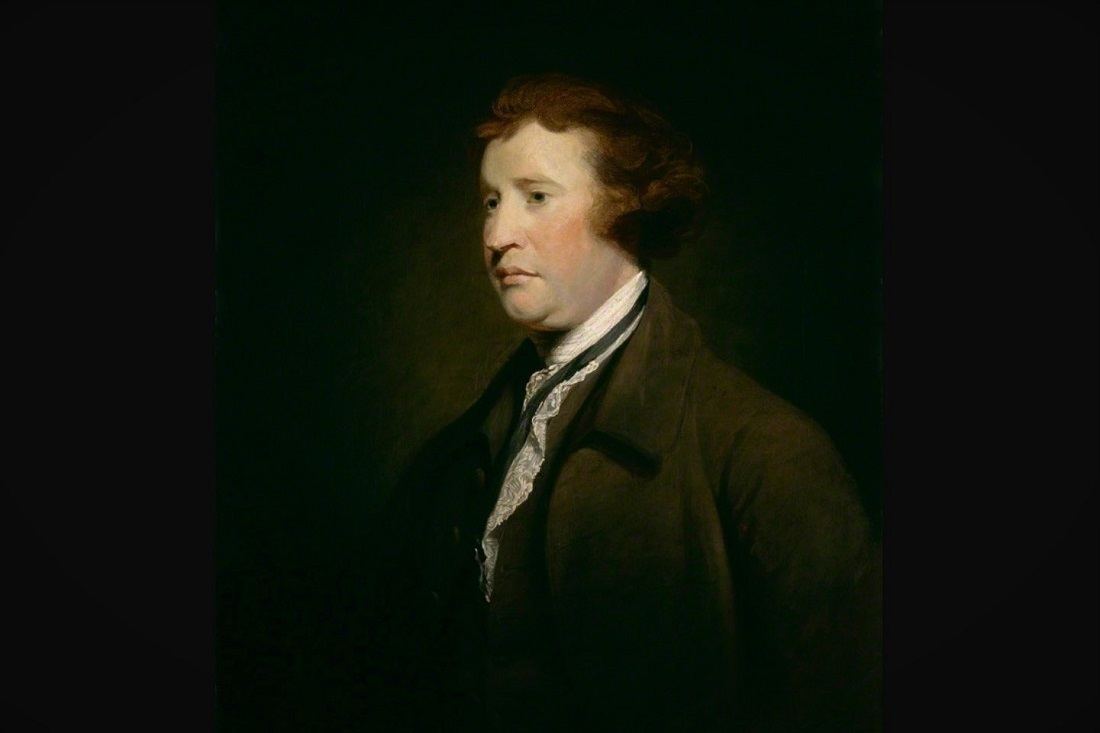William F. Buckley Jr., the founder of National Review and a prominent conservative intellectual, had a profound impact on American political thought. His beliefs on the relationship between the individual and government reflected a commitment to limited government, individual liberty, and a deep skepticism of government overreach. Let's explore some of William F. Buckley Jr.'s key beliefs on this subject, supported by relevant quotes from his writings and speeches.
1. Limited Government:
Buckley was a strong advocate for limited government, emphasizing that government should have a restrained role in the lives of individuals. He believed in the importance of individual freedoms and personal responsibility:
"I would rather be governed by the first 2,000 people in the Boston telephone directory than by the 2,000 people on the faculty of Harvard University."
This quote underscores his belief in the wisdom of ordinary citizens over an overreaching government.
2. Individual Liberty:
Buckley valued individual liberty as a fundamental principle of conservatism. He believed that individuals should have the freedom to make their own choices and decisions without undue government interference:
"The larger the slice taken by government, the smaller the cake available for everyone."
He argued that excessive government intervention could stifle personal freedom and economic opportunity.
3. Fiscal Conservatism:
Buckley was a proponent of fiscal conservatism and responsible government spending. He believed in the importance of a balanced budget and fiscal responsibility:
"Idealism is fine, but as it approaches reality, the costs become prohibitive."
He argued that government should be financially prudent and not burden future generations with debt.
4. Skepticism of Centralized Power:
Buckley was deeply skeptical of concentrated political power and believed in the need for checks and balances to prevent government tyranny:
"I'd rather entrust the government of the United States to the first 400 people listed in the Boston telephone directory than to the faculty of Harvard University."
This quote reflects his belief in the importance of decentralization and accountability in government.
5. Free Market Economics:
Buckley championed free-market principles and believed in the power of capitalism to drive economic growth and innovation:
"The free market is not an ideology or a creed or something we go to the mat for. It's just a measuring rod."
He saw the free market as a tool for efficiently allocating resources and promoting individual initiative.
William F. Buckley Jr.'s beliefs on the relationship between the individual and government emphasized limited government, individual liberty, fiscal responsibility, skepticism of centralized power, and free-market economics. He believed that government should protect individual rights and freedoms while avoiding unnecessary intrusion into the lives of citizens. Buckley's ideas continue to shape conservative thought in the United States, particularly in discussions about the proper role of government in society and the importance of individual freedom and responsibility.






